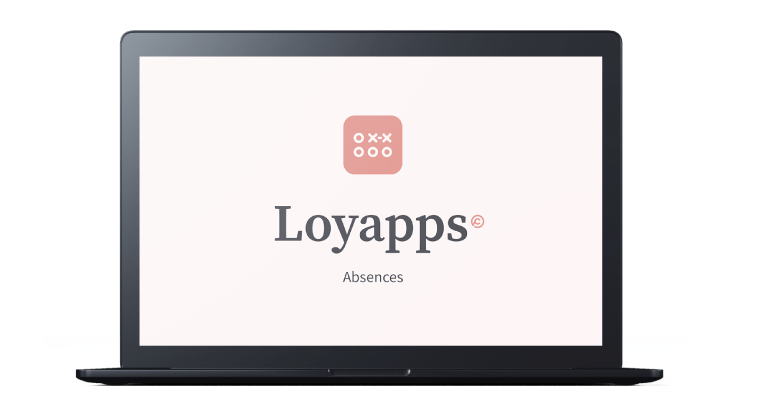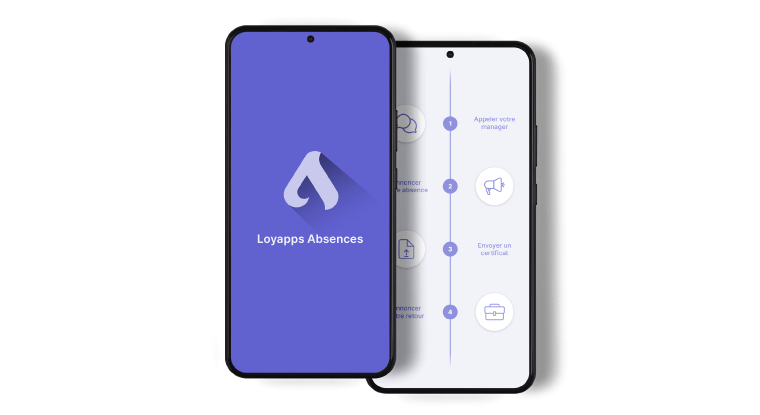
Incapacity due to illness: the employer’s obligations
Incapacity for work due to illness is a situation that every employer can face. It raises important questions about the employer’s legal obligations and employees’ rights. What are the statutory schemes and what alternatives can be put in place? Here, our partner CJE, Avocats, Conseillers d’Entreprises, explores the employer’s obligations in the event of incapacity due to illness, and the various schemes available to meet legal requirements.
Art.324 a of the Swiss Code of Obligations determines the employee’s pecuniary rights if, through no fault of his or her own, he or she is prevented from performing the agreed work, in particular due to illness. Illness is deemed to be any impairment of physical, mental or psychological health which is not due to an accident and which requires a medical examination or treatment or results in an inability to work (art. 3 al. 1 LPGA).
The law provides for two regimes: the basic legal regime and the contractual derogation regime.
Art. 324a CO divides the risk of financial loss resulting from incapacity for work due to illness between the employer and the employee.
This article provides for a basic scheme (paragraphs 1 to 3) and Tenders the possibility for the parties to provide for another scheme, on condition that benefits are at least equivalent (paragraph 4).
In addition to these two schemes, which are described below, there is also a more favorable contractual scheme, which we will examine briefly.
Contents
- Statutory basic plan
- More favorable contractual plan
- Special contractual arrangements
- Our partner’s advice
Statutory basic plan
The obligation to pay wages only exists insofar as the employment relationship has lasted for more than three months (open-ended contracts) or has been concluded for more than three months (fixed-term contracts). The employee must be placed in the position he/she would be in if he/she were able to perform the contract. The salary due in the event of inability to work therefore includes, in addition to the “fixed” salary:
- cost-of-living allowances;
- family allowances;
- salary increases;
- the monthly portion of the 13th salary;
- allowances for work performed at night, at weekends and on public holidays, where these are usually paid;
- fixed costs (insurance, garage costs, etc.).
On the other hand, bonuses, monthly meal and entertainment allowances and other variable expenses (petrol, etc.) are not included in the salary.
When the conditions laid down by law are met, the employer is obliged to pay the salary for a limited period (art. 324a para. 2 CO). This is the basic legal regime which cannot be departed from to the detriment of the employee. The period during which the employer must pay the salary is 3 weeks during the 1st year of service; thereafter, the salary is due for a longer period determined on an equitable basis, taking into account the length of the employment relationship and particular circumstances. The industrial tribunals have established various scales which serve as a reference for determining workers’ rights. In the French-speaking cantons, the Berne scale is generally used, as follows:
- 1 month from the second year of service with the company;
- 2 months during the 3rd and 4th year of service with the company;
- 3 months from the 5th to the end of the 9th year of service with the company;
- 4 months from the 10th to the end of the 14th year of service with the company;
- 1 additional month for each additional five years of service.
End of employment contract
The employer’s obligations end with the employment contract.
The employee, even if prevented from working, loses his or her entitlement to salary when the employment contract ends.
More favorable contractual plan
As art. 324a para. 1 and 3 of the Swiss Code of Obligations is relatively imperative, more favourable benefits for the employee can be agreed without any particular form being required. Examples include coverage for incapacity to work during the first three months of employment, salary payments for a period longer than the Bernese salary scale, etc.
Special contractual arrangements
Art. 324a para. 4 of the Swiss Code of Obligations (CO) stipulates that a written agreement, a standard employment contract or a collective bargaining agreement may be used as a basis for derogating from the basic system, provided that it grants the employee at least equivalent benefits. For the conventional system to apply, the legislator has set two requirements: special form and equivalence of benefits.
If these two conditions are met, the employer is released from the obligation to pay the salary under the basic scheme. On the other hand, if they are not met, the employer remains obliged to pay the benefits provided for under art.
324a para. 1 and 2 CO mentioned above. Special form The agreement must be in writing and signed by both the employer and the employee.
The employee must be aware of all the insurance conditions, and the employer must inform him or her of the essential points of the special agreement, which are as follows:
- percentage of salary paid
- duration of benefits
- risks covered
- coverage restriction (e.g. reserve)
- financing terms
- length of waiting period
- rights beyond the end of the employment contract
According to Art. 3 al. 3 LCA, the employer is obliged to inform his employees in writing, or by any other means that can be proven by a text, of the main elements of the insurance contract, its modifications and its dissolution.
These formal requirements are a condition for the validity of the agreement. As employment law is highly formalistic, employers are strongly advised to comply with these formal requirements, as failure to do so will result in the employer remaining obliged to pay the benefits provided for under the basic legal scheme, i.e. 100% salary for a period that depends on the length of the employment relationship.
Equivalence of benefits
The derogation scheme is valid only if it grants the employee benefits at least equivalent to those under the basic statutory scheme. Equivalence exists when, cumulatively:
- daily benefits are paid for at least 720 days, more often 730 days (365 days x 2), within a 900-day period;
- daily benefits cover at least 80% of salary;
- the employer pays at least half of the premiums;
- a maximum waiting period of 2 to 3 days, without entitlement to salary; during this waiting period, the employer is fully released from the obligation to pay salary.
If the employer chooses a longer waiting period (e.g. 30, 60 or 90 days), he must pay the full salary during the “limited time” in accordance with art. 324a para. 1 and 2 CO; the parties may, however, stipulate that the employer must only pay the equivalent of the insurance benefits that the employee would have received.
Our partner’s advice
Employers who opt for the collective agreement system and take out loss-of-earnings health insurance must pay particular attention to the following points:
- inform employees of the key points of the special agreement, including any amendments or termination;
- ensure equivalence of benefits;
- precisely define the benefits paid by the employer during the waiting period (100% salary or equivalent insurance benefits).
This article was written by our partner CJE, Avocats, Conseillers d’Entreprises.

















